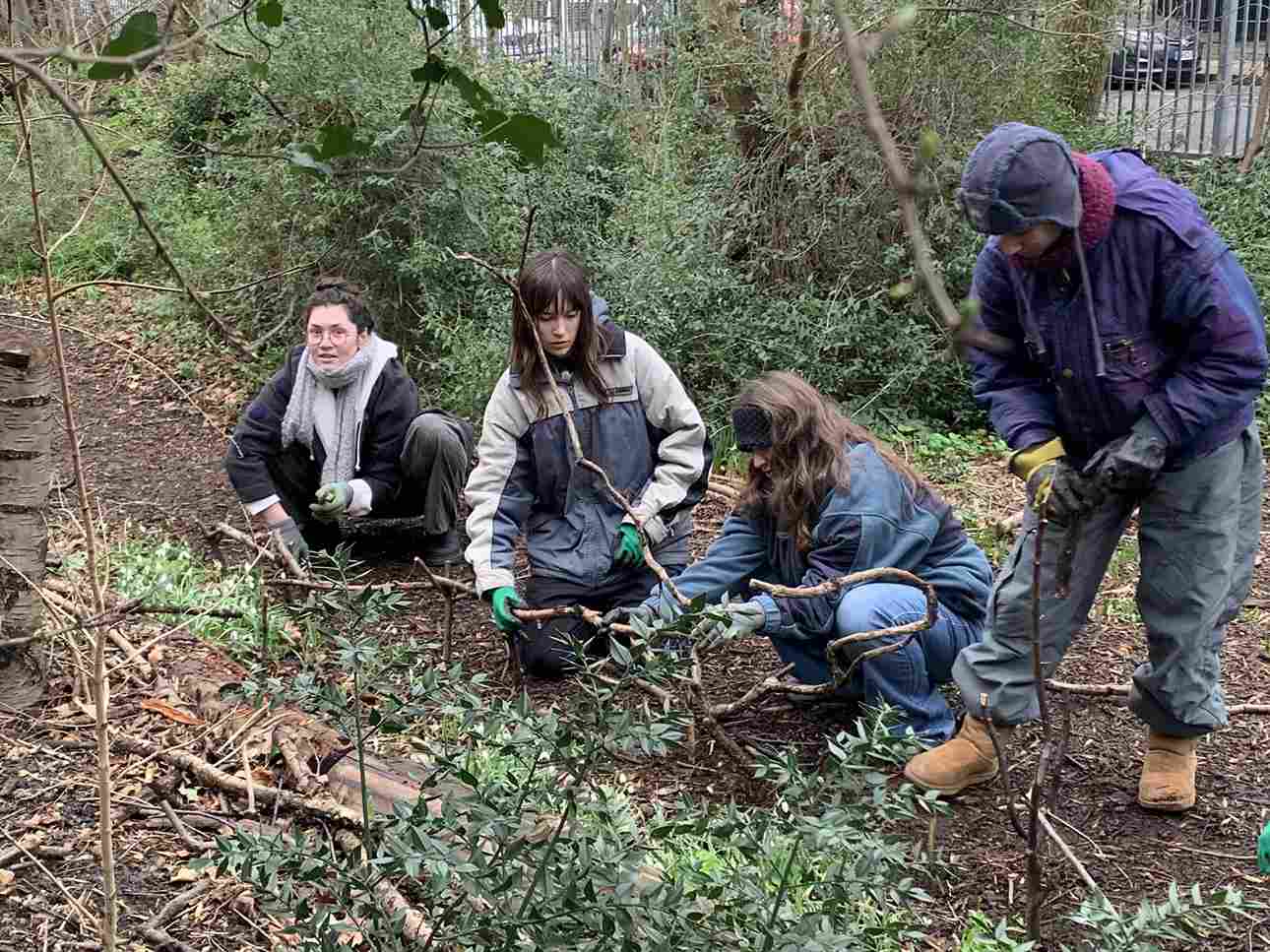Stakeholder Capitalism and B Corp

Summary
The project explores how the values of degrowth, going beyond green growth, can be built into the operations of a business. This involves looking at business models like cooperatives, employee-owned and benefit corporations. Stakeholder capitalism (SC) aims to reduce shareholder primacy and empower community and activists. In this project, the feasibility of SC will be assessed in the B Corp context and will evaluate how that incentivises a degrowth initiative. While B Corps exist with an intention to include stakeholder groups, the operations of how this is done needs to be better understood. Furthermore, by investigating the barriers, improvements can be offered to systematise and assess this 'mission lock-in' through changing corporate governance structure.
Approach and Methodology
I began with interests in the works of Kate Raworth’s doughnut economics, Elinor Olstrom’s tragedy of the commons and Donella Meadow’s work on systems thinking. With a growing interest in the degrowth initiative, I looked to understand the flaws of the neoclassical approach to economics.
First a literature review is undertaken, and the question is refined. I conducted an online survey asking B Corps about the operations of involving stakeholders and the barriers to it. Interviews were conducted to learn more on SC from the view of a political ecologist and from a critic of the current approach to economics. Game theory is used to understand the impacts of the B Corp certification in different situations.
What data did I find and develop? Data, primary, from survey and interviews and data, secondary, from papers to allow for game theory’s application.
Global thinking was used throughout the research process and will be used for the real-world output. Perspectives, including Law, for example, was used in comparing the changes that the B Corp Certification requires and that of a Cooperative design. Philosophical perspective was used in understanding the SC phenomena.
Proposal/Outcome
Beyond Outcomes
Want to learn more about this project?
.png)

Overall LIS Journey
Other Related Projects
Back to the repository


- A Pilot Based on Heathrow's Sustainability Goals

.svg)






